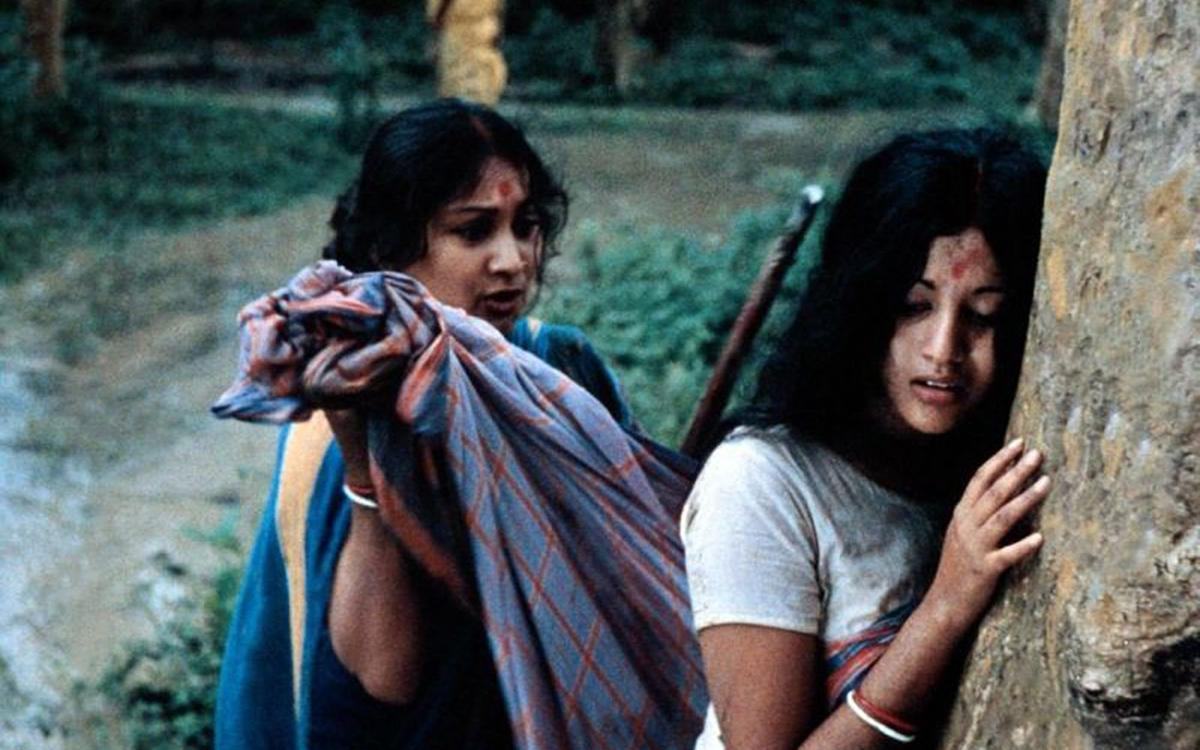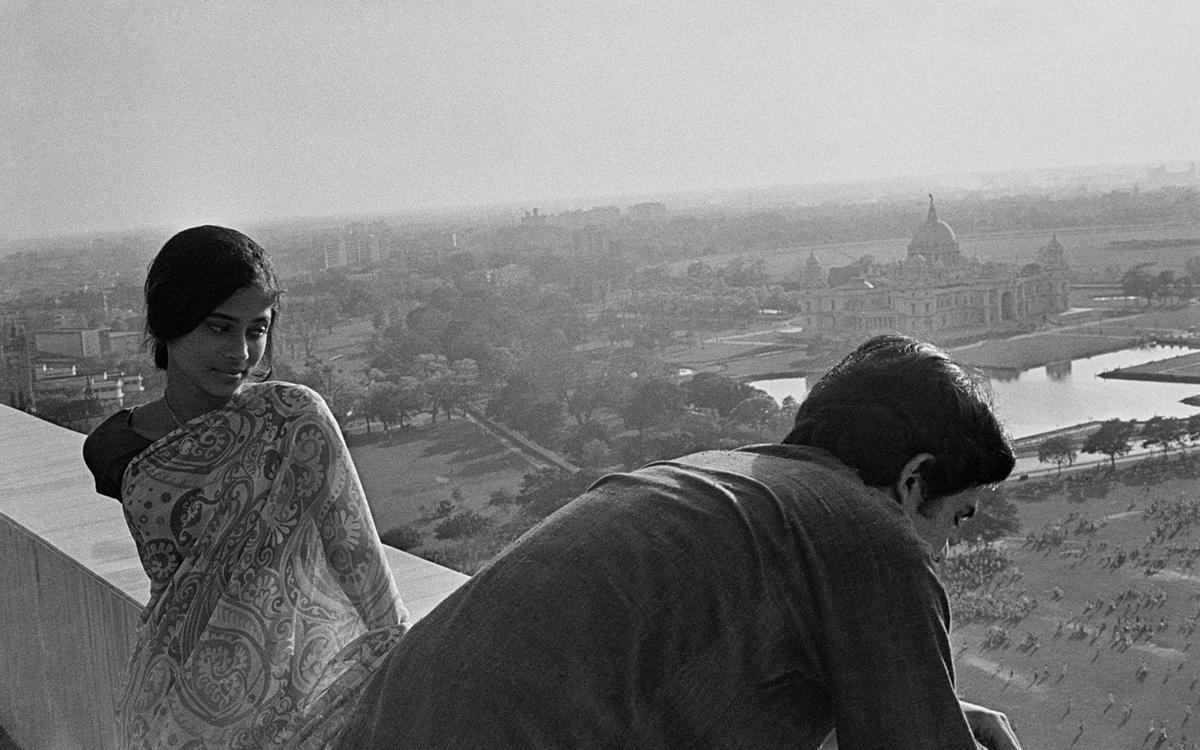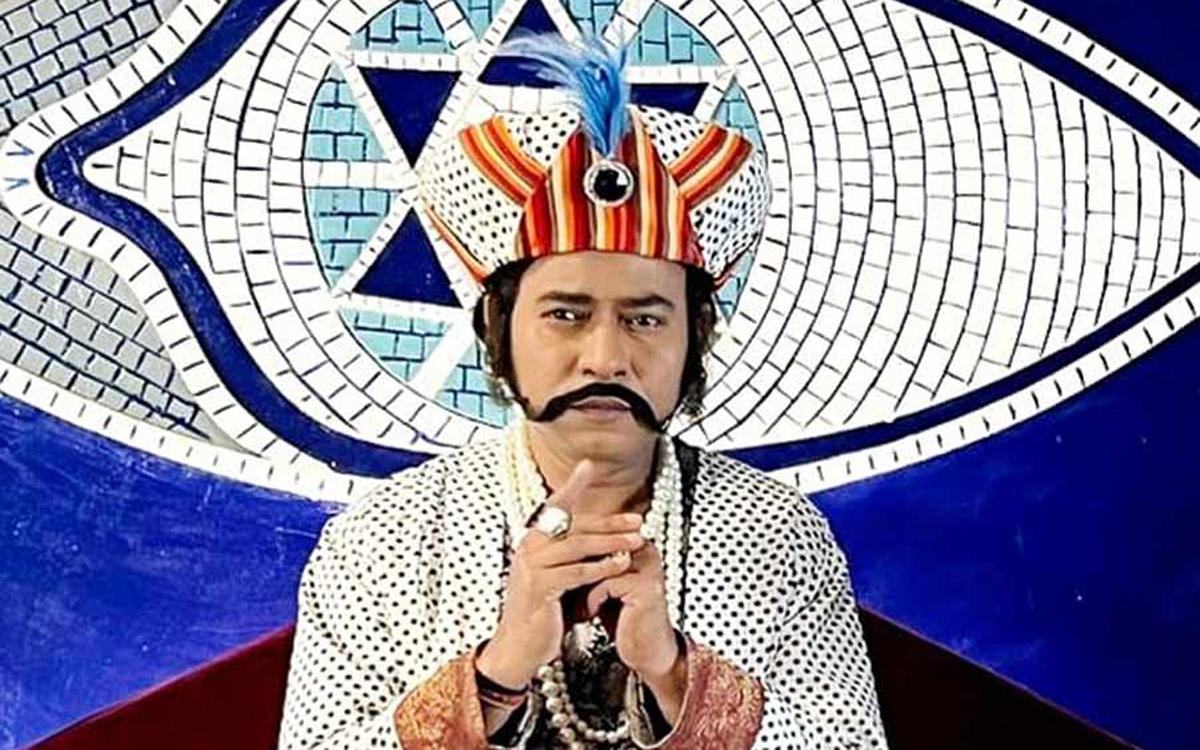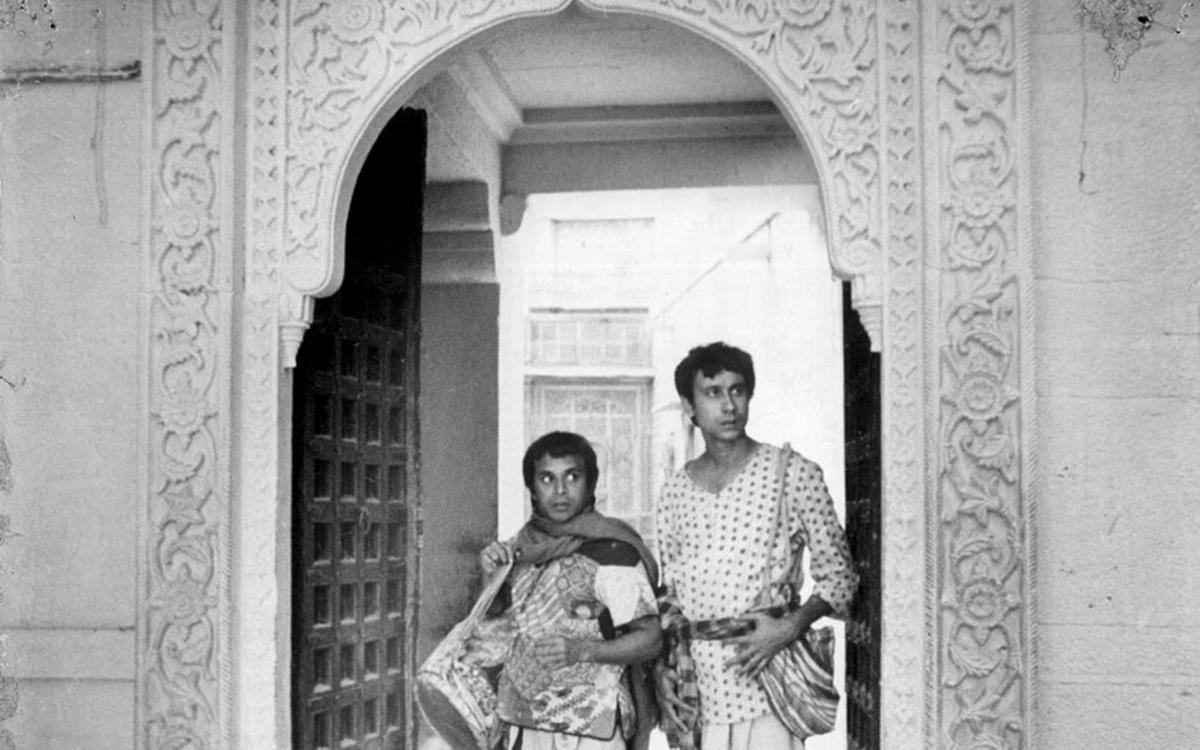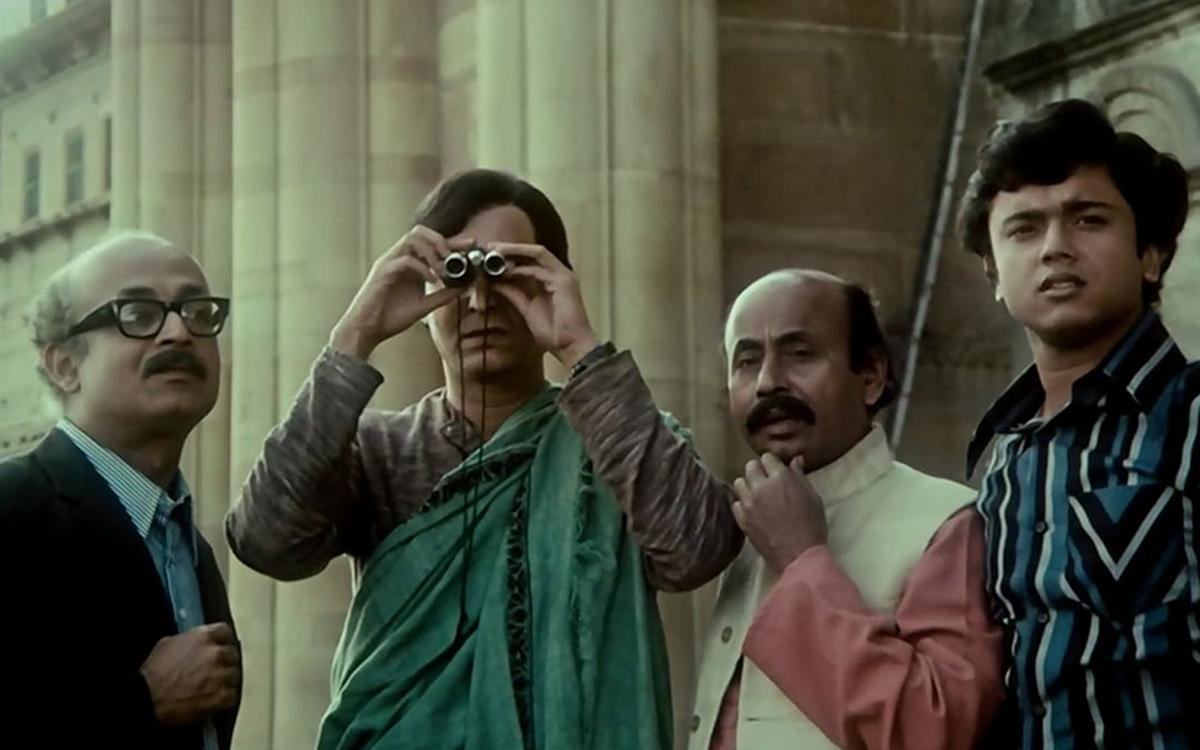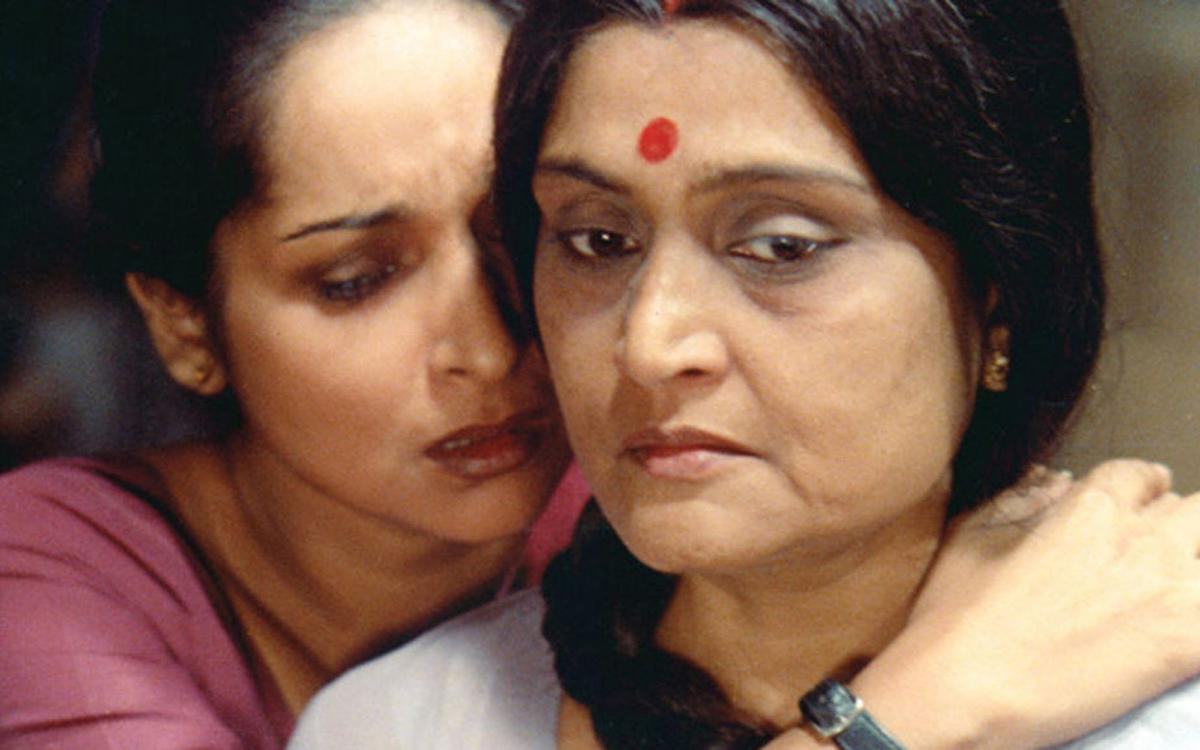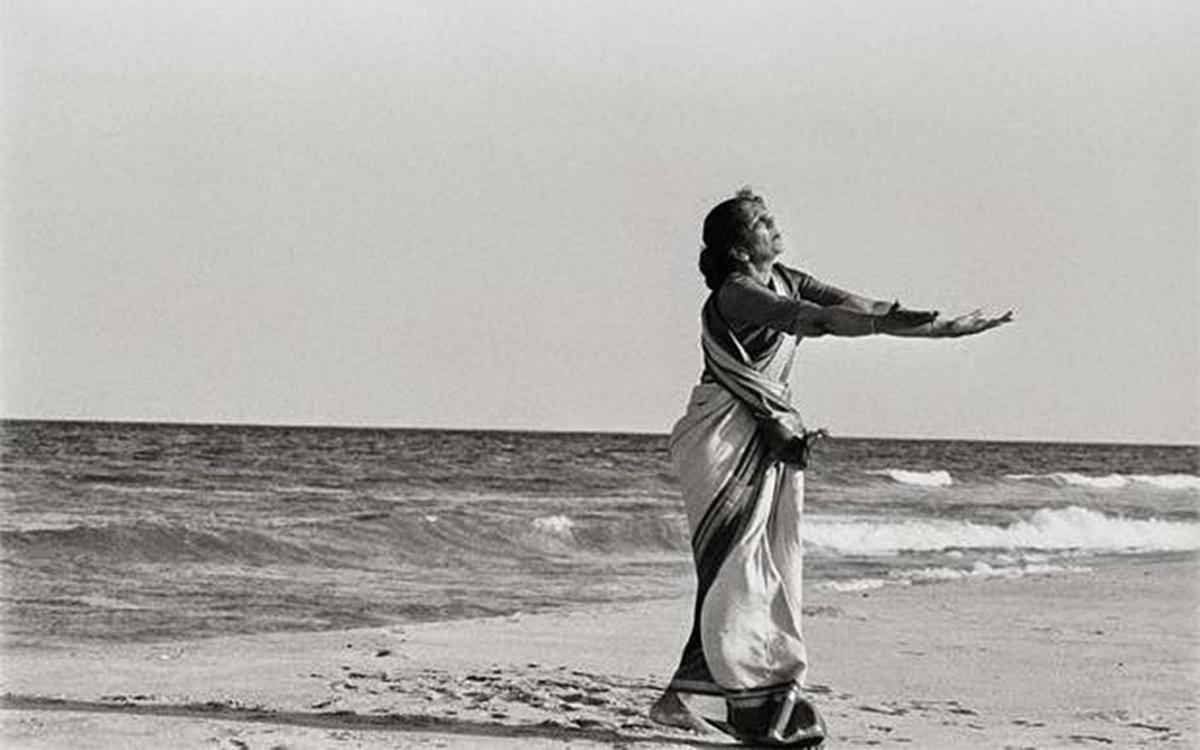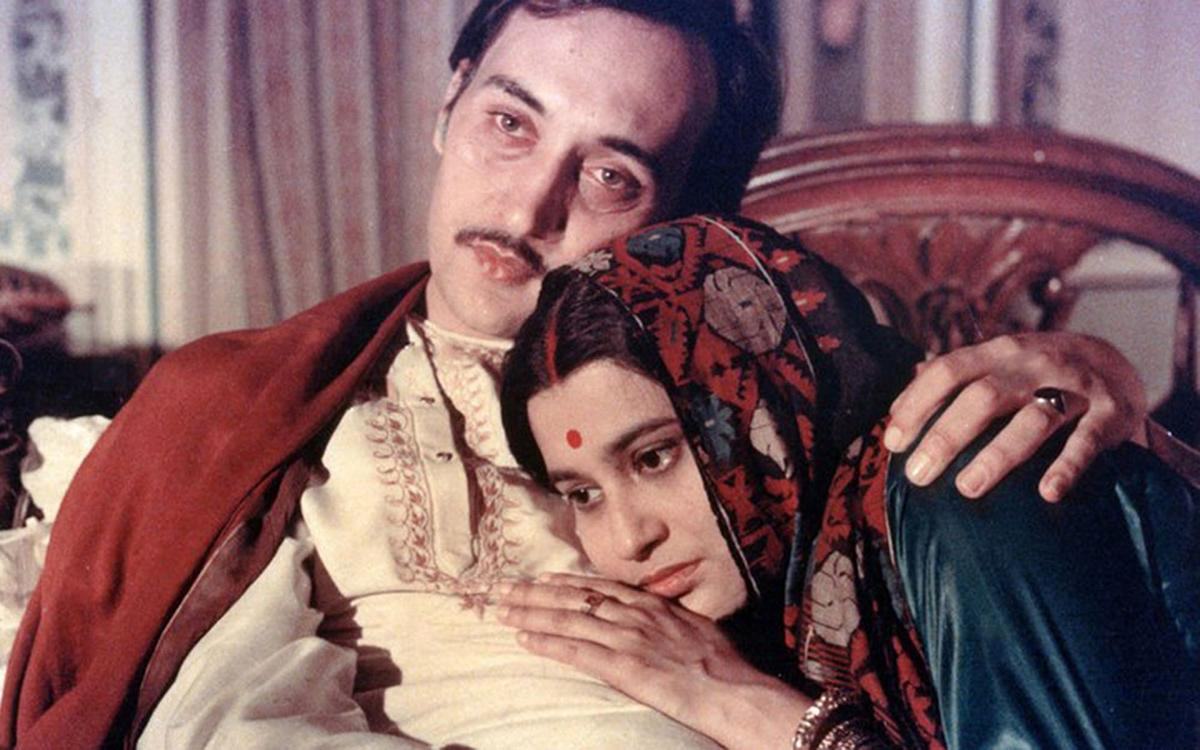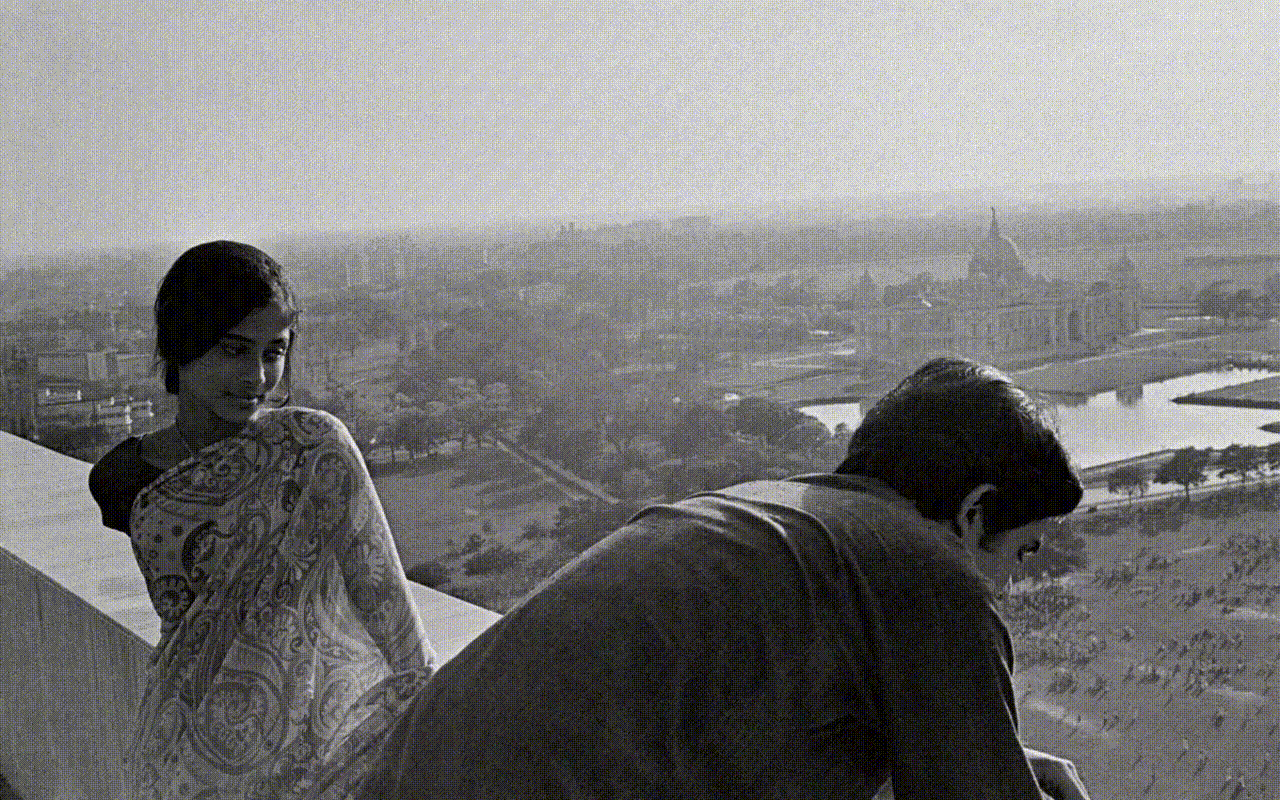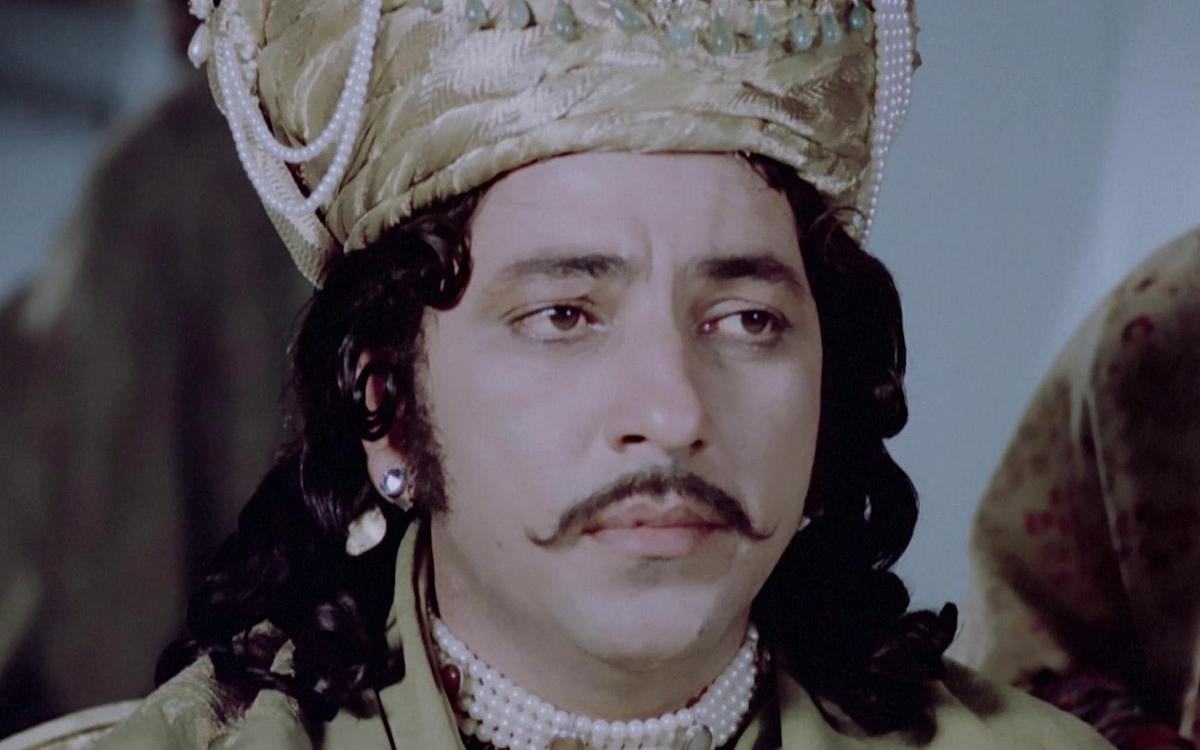
One of the greatest directors in the history of cinema records a dark time in the life of his country:
One of the greatest directors in the history of cinema records a dark time in the life of his country:
“Those who have not seen the films of Satyajit Ray have not seen the sun or the moon,” Akira Kurosawa once remarked, paying tribute to one of the few directors in the world who could be considered his equal. Indeed, the importance of Ray’s films is incalculable.
* the programme continues in November
Ray’s directorial debut, the poignant and picturesque The Song of the Road, brought him international renown. Subsequent films turned Ray into a recognized master of twentieth century auteur cinema, the equal not only of Kurosawa, but also of Bergman, Fellini, and Renoir—or any other great director who springs to mind.
But what can the sun and moon do when the world goes into such catastrophic decline that it would be more appropriate to shroud it in the darkness of an eclipse? How should a living icon of national culture behave when the nation is plunged into the chaos of wars and violence, unemployment and famine, corruption and religious conflicts? This is the problem that Ray faced in the second half of the 1960s, and his filmmaking changed irrevocably.
The retrospective of Satyajit Ray’s films at
On the one hand, it was at this time that he addressed truly urgent topics: the confusion of the young generation of educated Bengalis in the chaos of the 1960s, in Days and Nights in the Forest. Or a society in which corruption and unresolved conflicts erode both moral principles and hope—the Calcutta Trilogy (The Adversary, Company Limited and The Middleman), which display a pessimism rare for Ray. His rejection of hope and a belief in the beauty of the world may well be one of the most dramatic shifts in a director’s philosophy in the history of cinema.
Ray’s work with historical material also addresses topical themes. Made at the height of the national emergency of the mid 1970s, The Chess Players portrays the occupation of the kingdom of Oudh by the British East India Company—and furiously criticises elites who always prefer escapism to solving common problems. The Home and the World portrays the turbulent social situation of the 1900s and finds it to be the source of the nation’s most painful wounds.
In the late 1960s and 1970s, Ray worked extensively in what may seem to be escapist genres: musicals and whodunnits, which became the highest-grossing films in his career. But if we look more closely, we will find that the plot of the musical fantasy The Adventures of Goopy and Bagha largely revolves around the trickster protagonists attempting to stop the outbreak of war. The sequel The Kingdom of Diamonds features a tyrant who can be easily recognized as a malicious caricature of Indira Gandhi. And the adventures of the detective Feluda based on the bestselling novels of Ray himself show a world ruled by greed and indifference to the needy.
In all these films, Ray expresses his distrust not only in the government and the elites, but also in the ideologies taken up by the opposition. His point of reference is always the individual personality. It is in the ability of one person to maintain integrity and principles, even in the vilest times, that Ray finds the only answer to his nation’s problems.
But while viewers may have expected specific solutions to social problems, Ray did not see his mission as a director as making political propaganda. His ideas, both social and political, are expressed by other means—in the fine formal structure of the film and its style. Ray’s films seem to be woven from different threads that make up the material of cinema. Like an exquisite patterned carpet with many details, each one reveals a new side, showing the psychological depth of the characters, a brooding panorama of an entire country, or the amazing possibilities of cinema itself, in which Ray never lost belief. The most convincing and still relevant response that the director found to the eclipses that the world experiences was the light of art that disperses the darkness.

